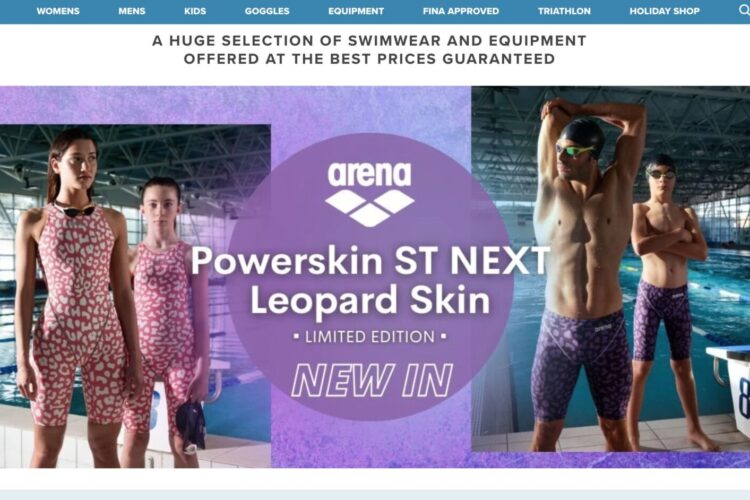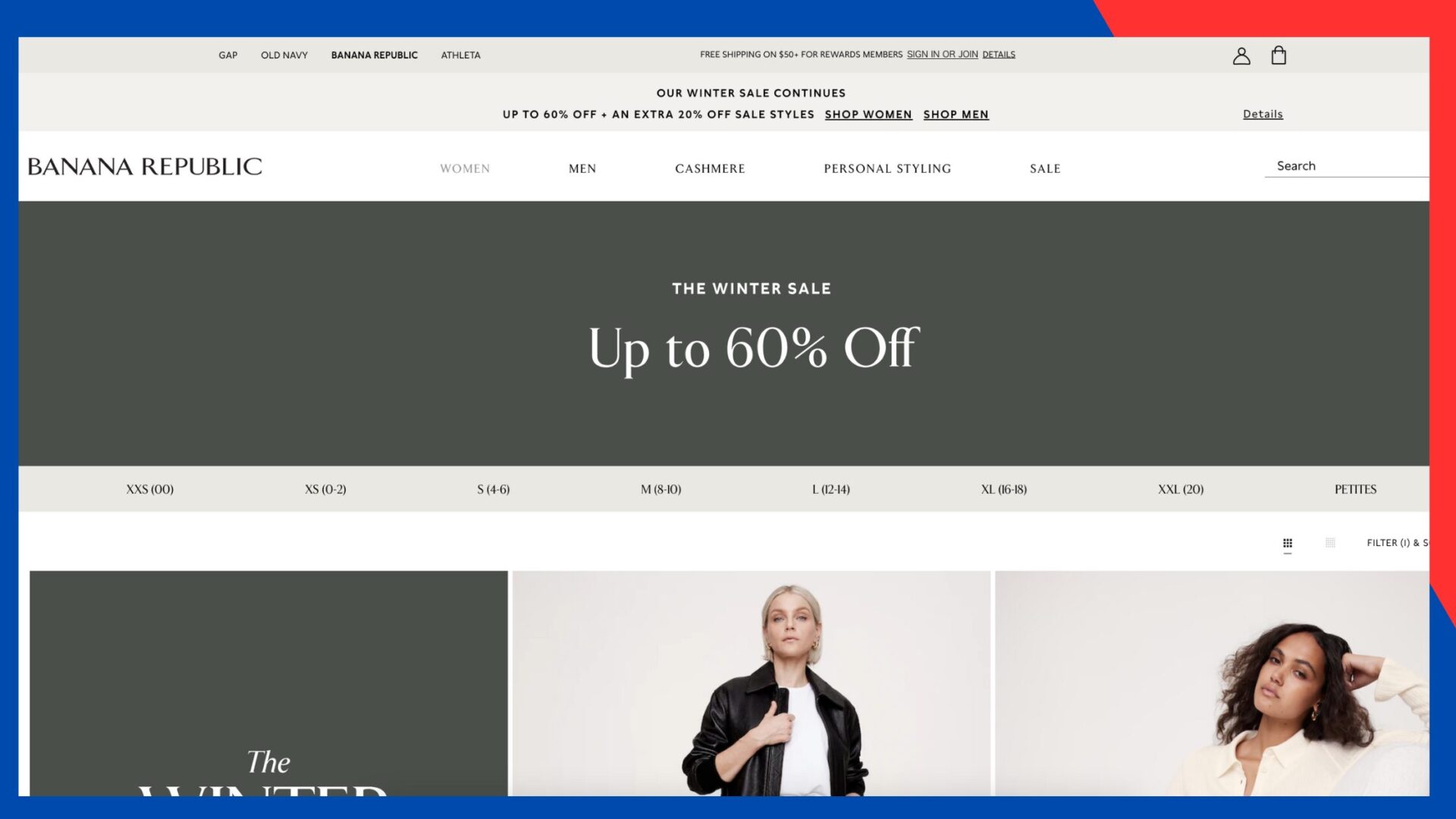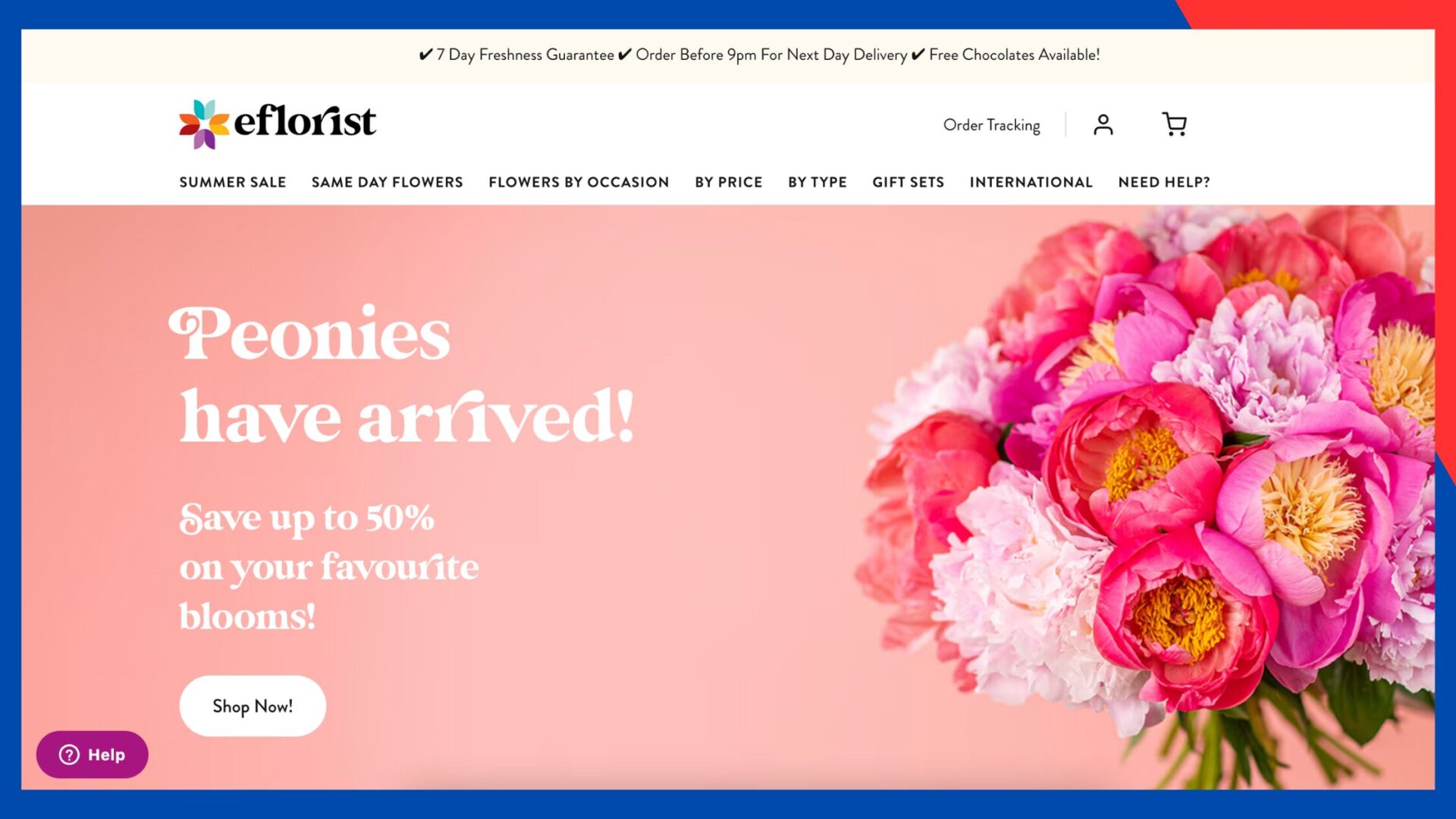SimplySwim / Retails
- Home
- portfolio
- Marketing
- Optimization
- SimplySwim / Retails
Simply Swim
Simply Swim is an online retailer specializing in swimwear, equipment, and accessories for swimmers of all levels. Established as a go-to platform for aquatic enthusiasts, the website offers a wide range of products, including swimsuits, goggles, training aids, and wetsuits from top brands like Speedo, Arena, and Zoggs. Simply Swim also caters to competitive swimmers and leisure swimmers alike, providing high-quality gear suited for performance and comfort. With a strong focus on customer service, Simply Swim has built a trusted reputation among its users, offering over 10,000 products and shipping to numerous countries worldwide.

Results
After Collaboration
With Our Team
The Problem
The website faces multiple challenges impacting SEO and SEM performance. Technical issues include slow page load speed, broken links, and unoptimized mobile responsiveness. On-page issues involve missing meta tags, duplicate content, and poor keyword usage.
The website also lacks structured data and has outdated HTML tags. Off-page issues are more complex, including low-quality backlinks and inconsistent citations across directories. The absence of a proper sitemap and robot.txt file further affects search engine crawling and indexing. Additionally, inadequate URL structures and missing alt texts on images reduce visibility in search results, making it difficult to attract organic traffic.
The Solution
For these SEO and SEM challenges, we optimize page speed by compressing images and enabling browser caching. Fix broken links and make sure the website is mobile-friendly. Improve on-page SEO with optimized meta tags, unique content, and strategic keyword placement. Add structured data and update HTML tags to enhance search visibility.
For off-page improvements, build high-quality backlinks and standardize business citations. Create a proper sitemap and robots.txt file to ensure efficient crawling and indexing by search engines. Refine URL structures and add descriptive alt texts to images for better search relevance, attracting more organic traffic and improving overall user experience.
faq
Read Most
Frequent Questions
Optimize images, enable browser caching, and minimize CSS and JavaScript files to reduce page load time.
Use tools like Google Search Console to identify broken links and redirect them to relevant, active pages.
Very important. Google prioritizes mobile-friendly websites, so a responsive design can boost your search rankings.
Meta tags, including title tags and meta descriptions, provide search engines with information about your content, improving visibility.
Focus on guest blogging, outreach to relevant industry sites, and creating valuable content that others want to share.
Duplicate content confuses search engines, which can lower your rankings due to difficulty determining which version to show.
Structured data provides search engines with additional context about your content, improving your chances of appearing in rich results.
Use short, descriptive URLs that include primary keywords and avoid unnecessary characters or numbers.
Disavow harmful backlinks using Google’s Disavow Tool and focus on acquiring new, high-authority links.
A robots.txt file guides search engine crawlers on which pages to index, helping manage what content is visible in search results.











